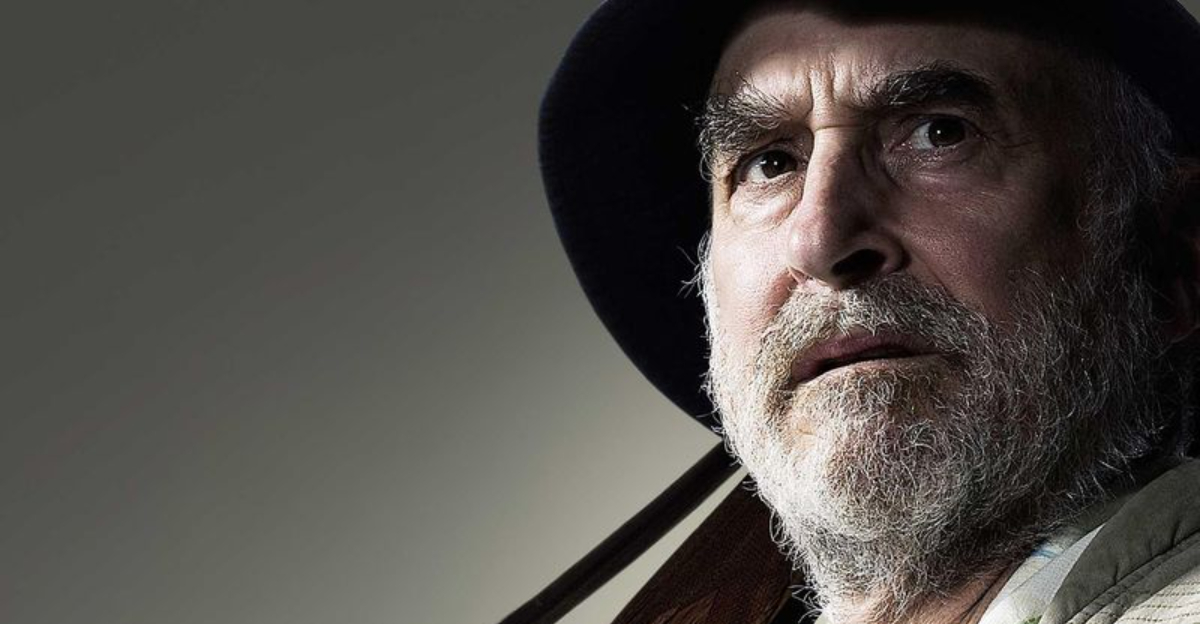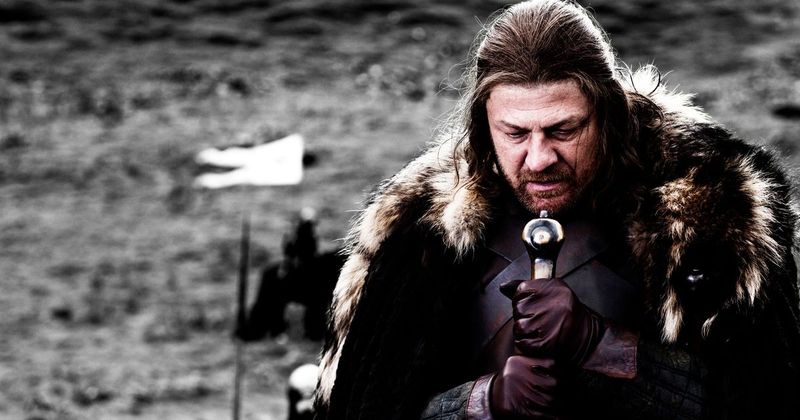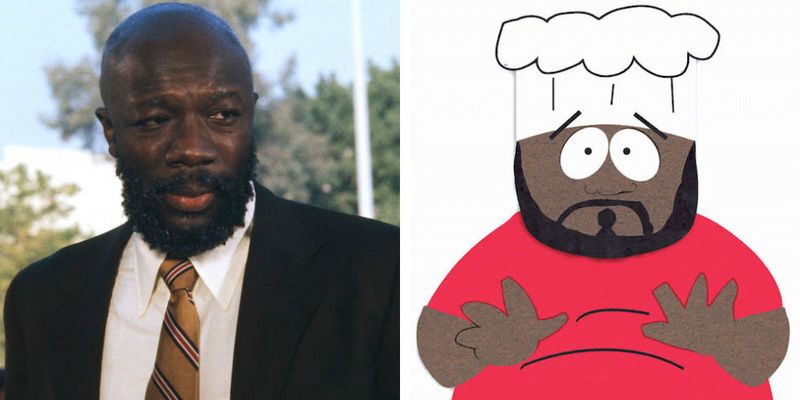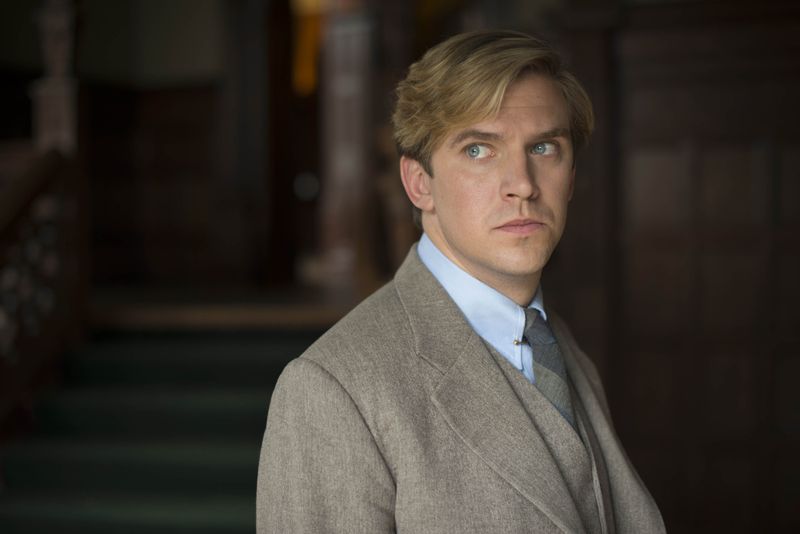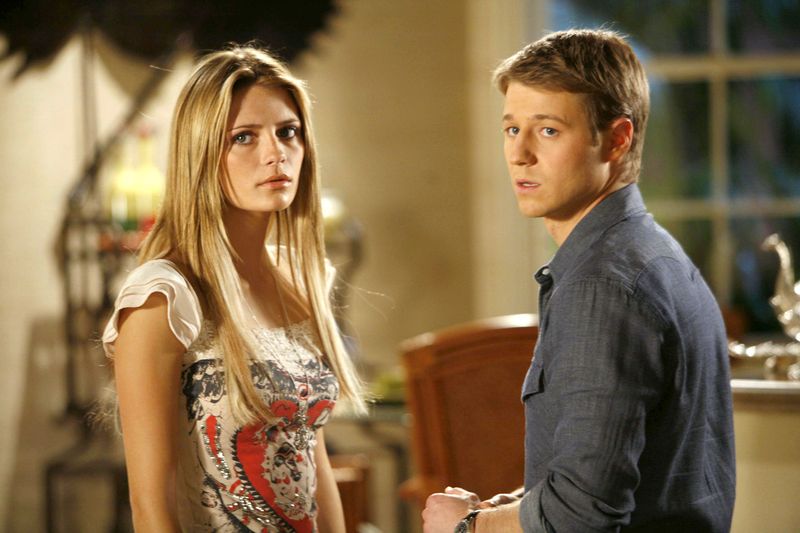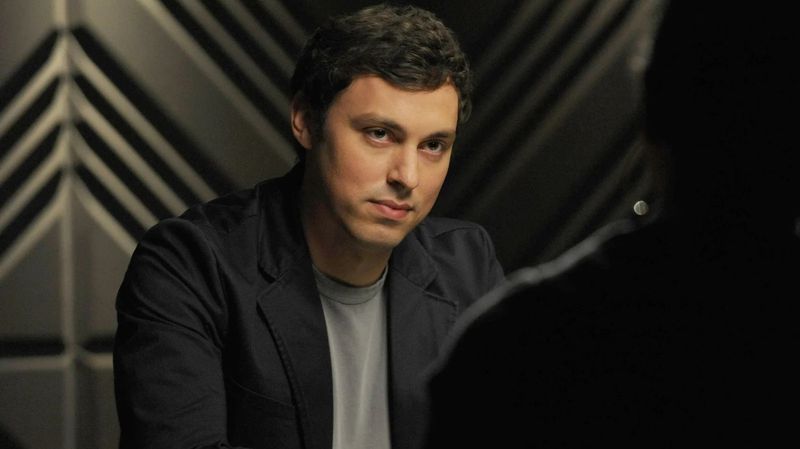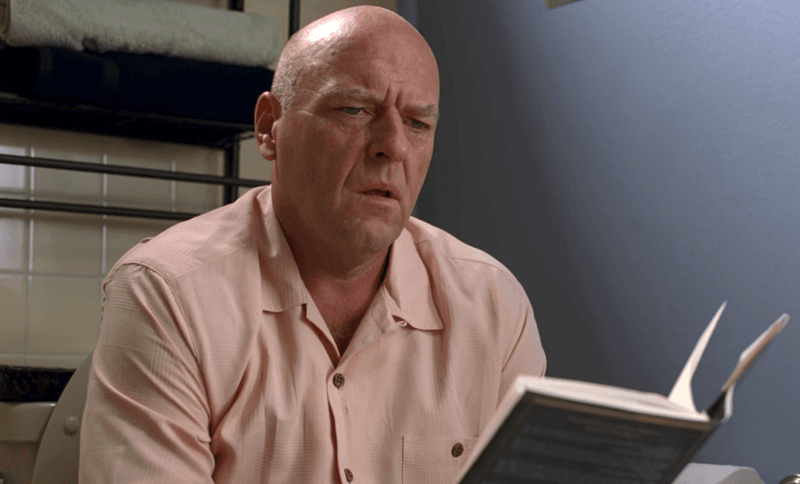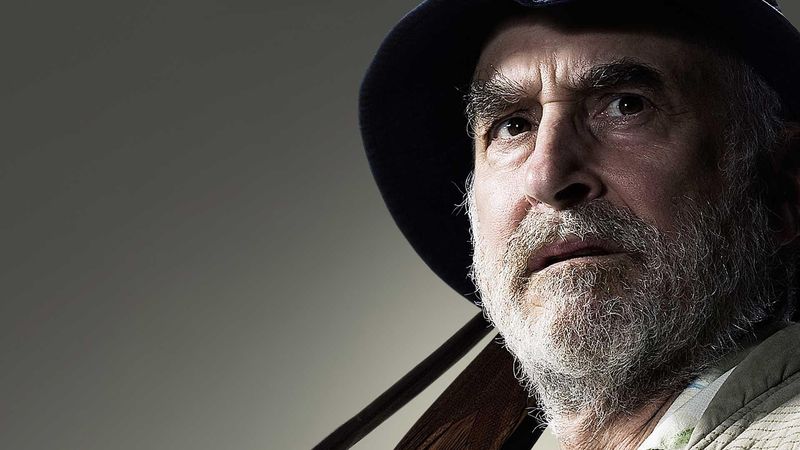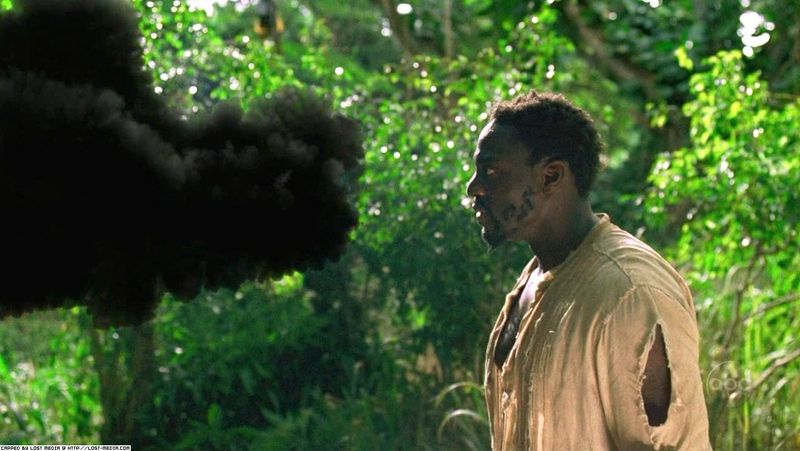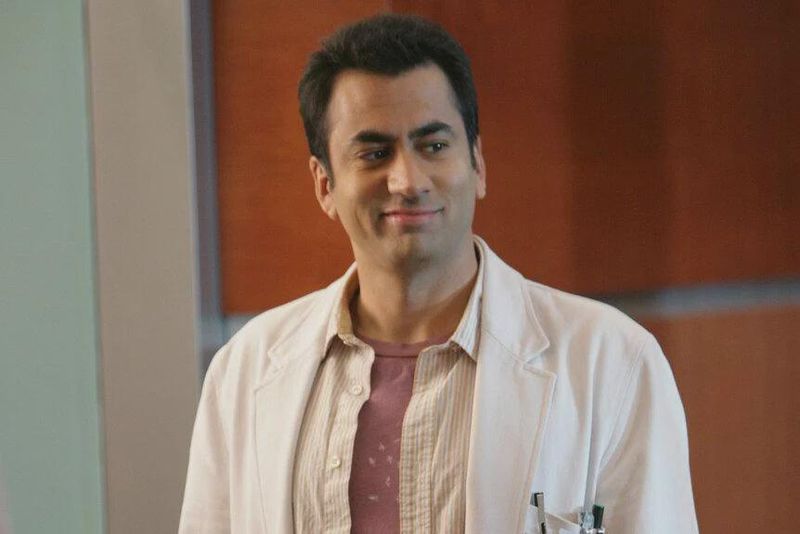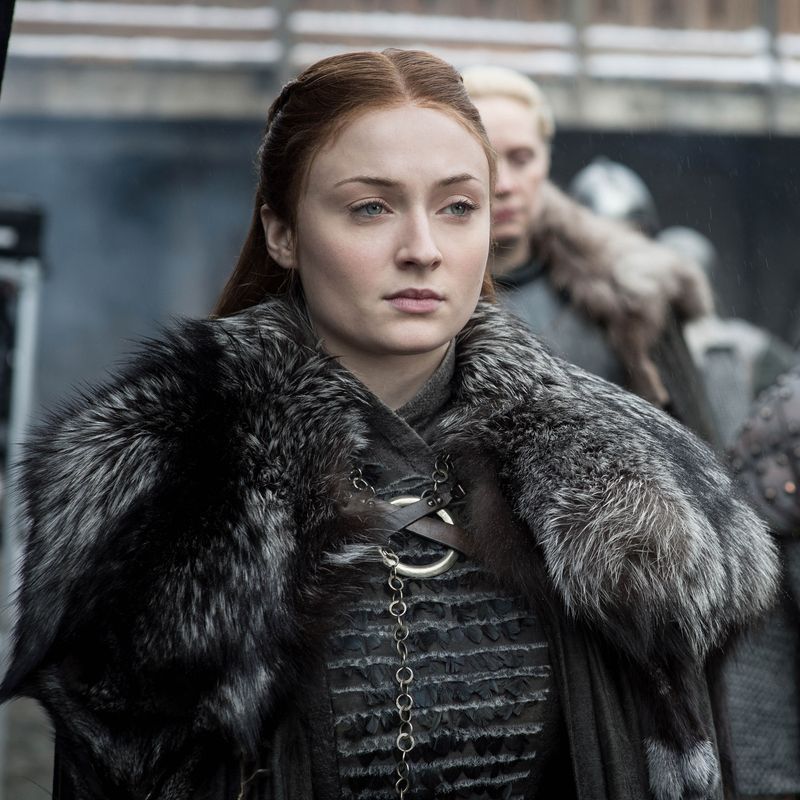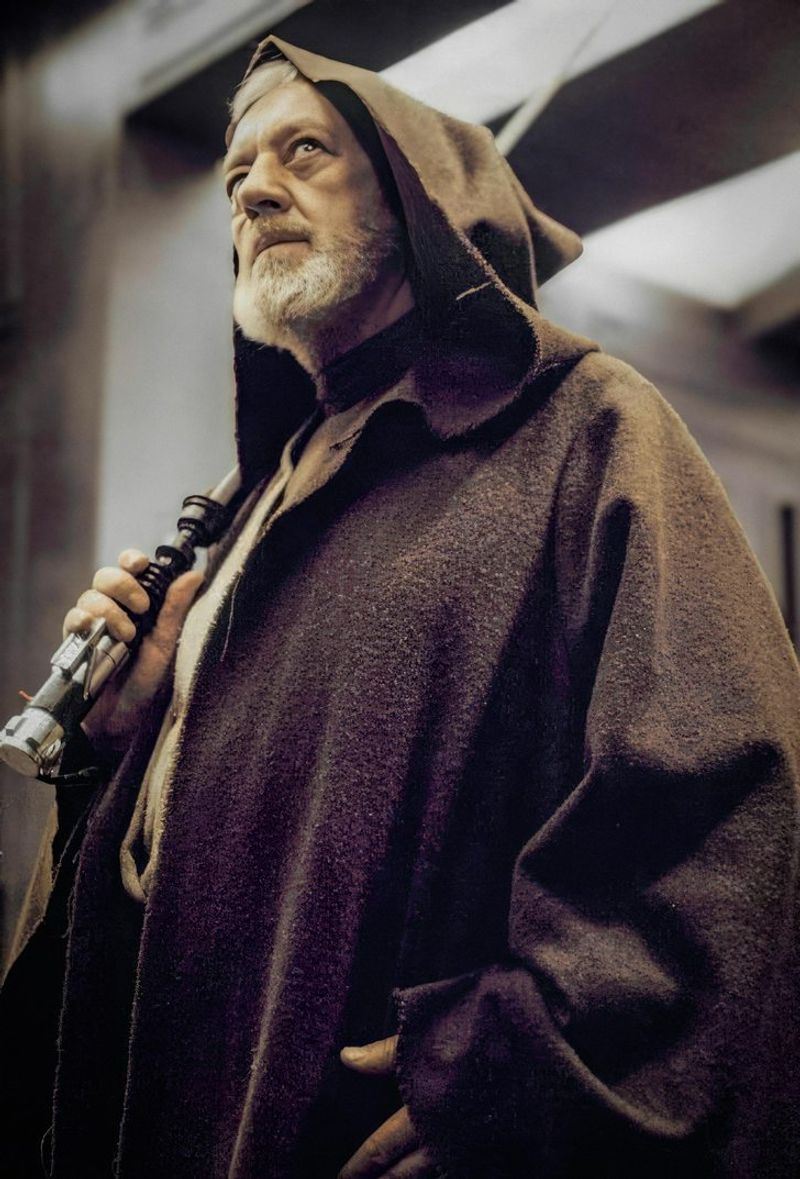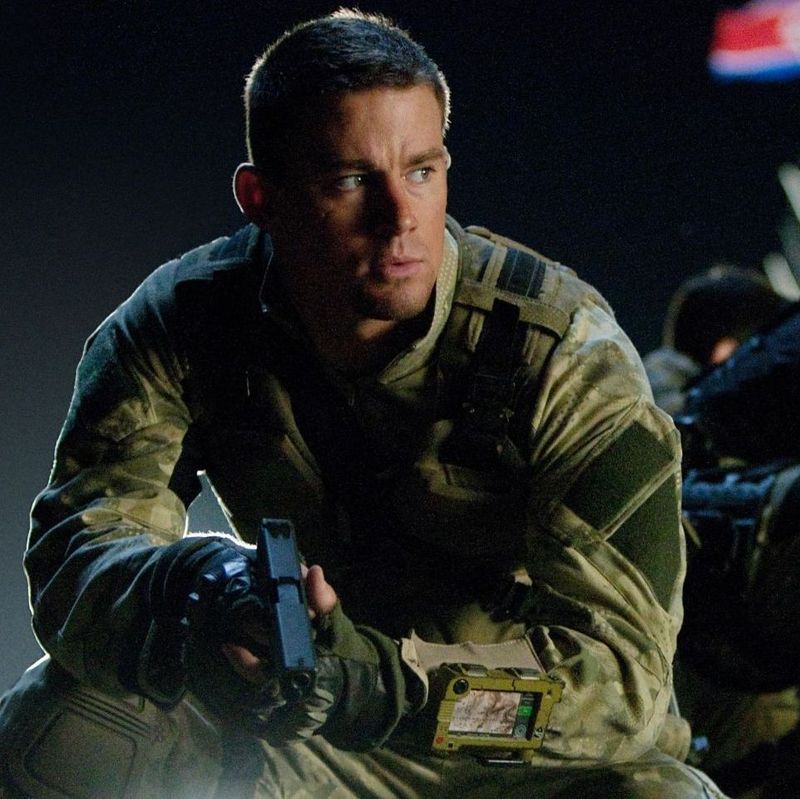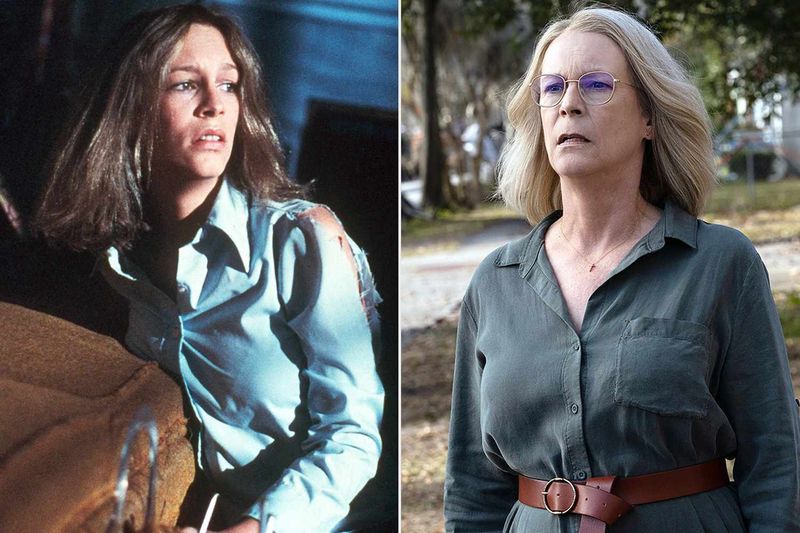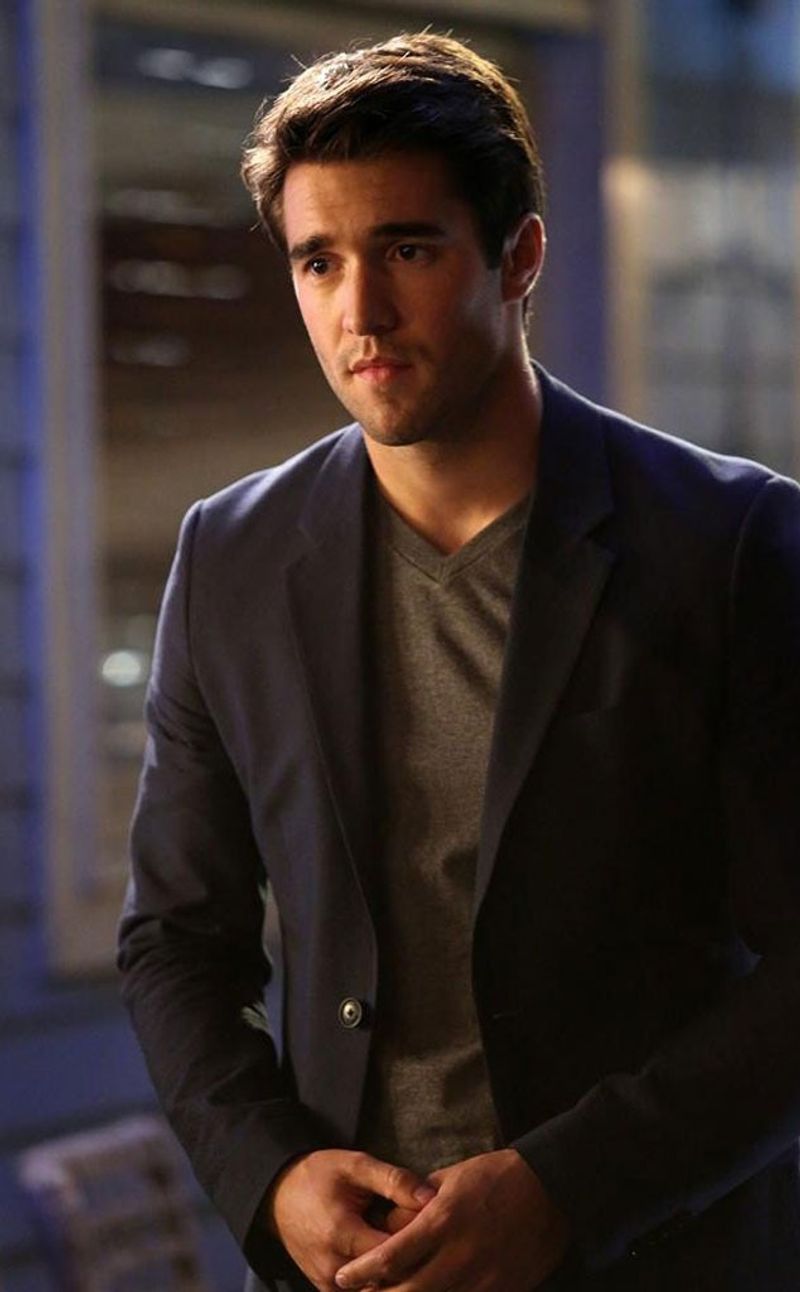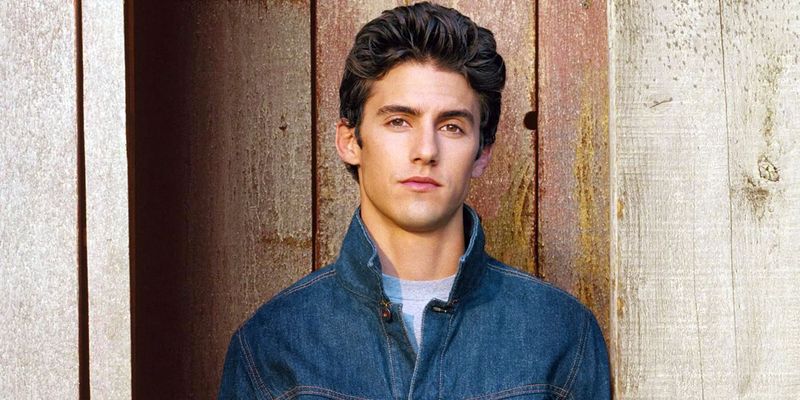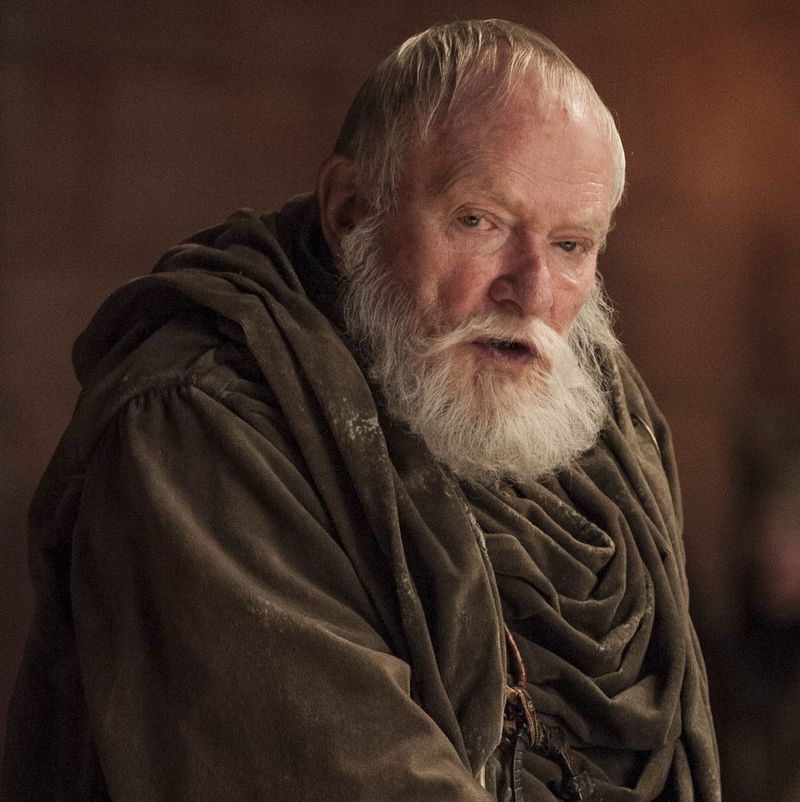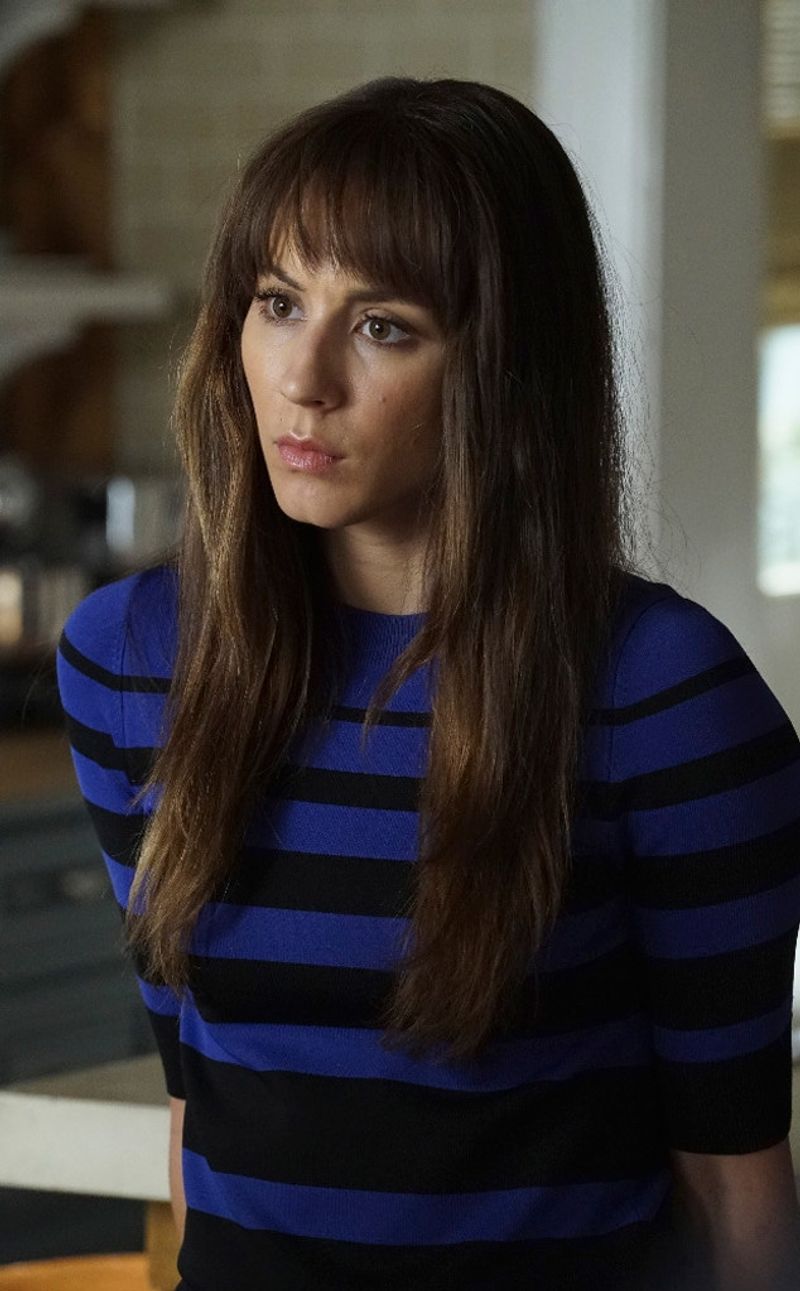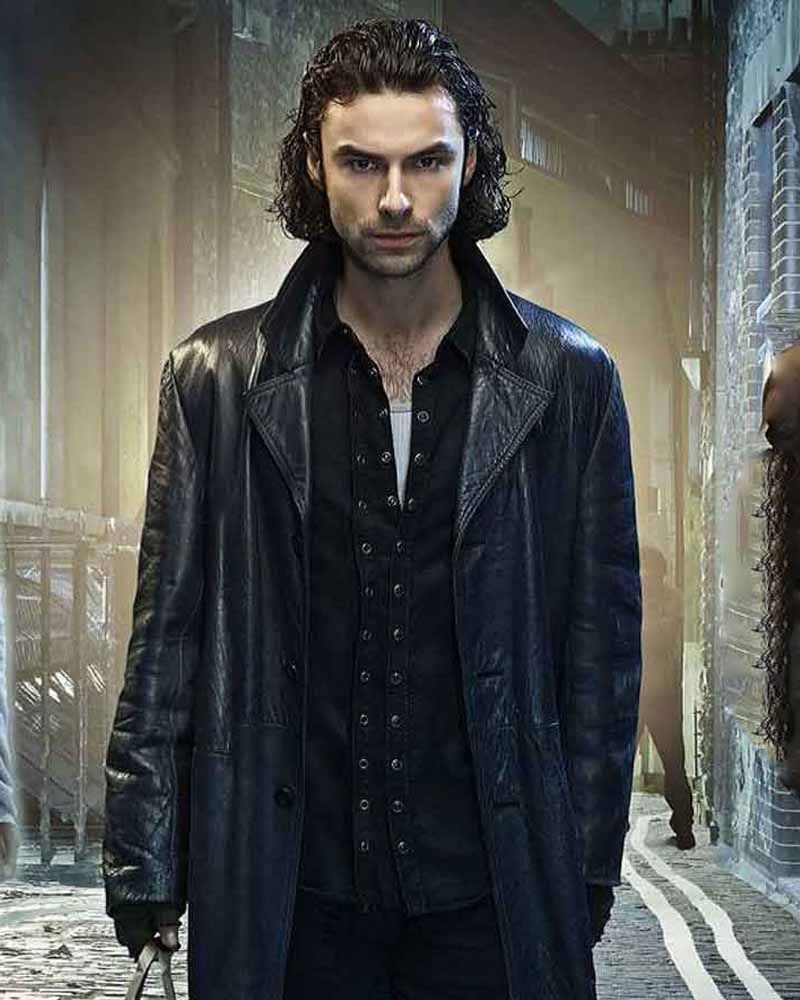In the world of television and film, characters come and go. However, some actors have taken a bold step by requesting their characters be killed off, leading to dramatic and often memorable exits.
This article delves into 19 such instances where actors made this unusual request and how it played out on screen.
From seeking new opportunities to creative disagreements, each story provides a fascinating glimpse into the minds of those who bring these characters to life. Let’s explore these intriguing tales of fictional demise.
1. Sean Bean – Game of Thrones
Sean Bean famously portrayed Ned Stark in the hit series Game of Thrones. Understanding the impact of a significant character’s death, Bean supported the narrative decision to kill off Ned Stark. His exit set the tone for the series, highlighting that no character was safe in the brutal world of Westeros. This choice not only shocked fans but also elevated the storytelling stakes, making the series a must-watch phenomenon. Bean’s willingness to embrace this fate showcased his dedication to the craft and the story, leaving an indelible mark on the show’s legacy.
2. Isaac Hayes – South Park
Isaac Hayes lent his voice to the character Chef in South Park. However, after a contentious episode involving Scientology, Hayes requested his character be killed off. Chef’s controversial demise was a direct result of Hayes’ departure from the show. The character’s exit was handled with typical South Park irreverence, reflecting the show’s style and Hayes’ significant influence. Chef’s death was both shocking and fitting, marking the end of an era and highlighting the complexities of creative differences in television production.
3. Dan Stevens – Downton Abbey
Dan Stevens played the charming Matthew Crawley in Downton Abbey, capturing the hearts of viewers worldwide. Seeking to broaden his career horizons, Stevens requested to leave the series, prompting the writers to kill off his character in a tragic car accident. Matthew’s untimely death left fans in shock and significantly impacted the narrative direction of the show. Stevens’ decision to exit allowed him to explore new opportunities, proving that sometimes a bold move can lead to fresh and exciting challenges for an actor.
4. Patrick Dempsey – Grey’s Anatomy
Patrick Dempsey, known for his role as Dr. Derek Shepherd, wanted to pursue other ventures, leading to his character’s heartbreaking death in Grey’s Anatomy. This pivotal moment left fans devastated, showcasing the emotional depth of the series. Dempsey’s decision to leave was a personal one, driven by the desire to explore different creative avenues. The loss of “McDreamy” was a turning point, both for the series and its audience, highlighting the challenges and rewards of balancing career growth with beloved roles.
5. Mischa Barton – The O.C.
Mischa Barton portrayed Marissa Cooper in The O.C., a role that defined her early career. Desiring to move on from the series, Barton requested her character be written off, resulting in Marissa’s dramatic death in a car crash. This storyline shift had a significant impact on the show’s dynamic, altering relationships and plotlines. Barton’s departure was a bold step in her career, allowing her to pursue other opportunities and roles. Her decision underscored the often-complex relationship between actors and the characters they bring to life.
6. John Francis Daley – Bones
John Francis Daley played Dr. Lance Sweets in Bones, endearing himself to the audience with his youthful charm and intelligence. Wanting to focus on his burgeoning career in writing and directing, Daley requested his character be killed off. Sweets’ death was a poignant moment in the series, marking the end of an era for fans and characters alike. Daley’s choice to leave the show was driven by his passion for creating and storytelling, illustrating the diverse paths actors can take in the entertainment industry.
7. Dean Norris – Breaking Bad
Dean Norris portrayed the determined DEA agent Hank Schrader in Breaking Bad. Despite his dedication to the role, Norris sought an earlier exit due to scheduling conflicts. Although the storyline didn’t allow for an immediate departure, it was eventually adjusted to accommodate his request. Hank’s intense and gripping demise became a pivotal moment in the series, resonating with fans. Norris’s request highlighted the balance between an actor’s professional commitments and creative storytelling, ensuring a memorable end for his character.
8. Jeffrey DeMunn – The Walking Dead
Jeffrey DeMunn played the wise and compassionate Dale Horvath in The Walking Dead. Following the departure of showrunner Frank Darabont, DeMunn requested his character be killed off, citing loyalty to Darabont as a driving factor. Dale’s death was a significant turning point in the series, symbolizing the harsh realities of the post-apocalyptic world. DeMunn’s decision underscored the strong bonds formed behind the scenes and the impact of creative changes on both cast and crew, leaving a lasting impression on the show’s legacy.
9. Adewale Akinnuoye-Agbaje – Lost
Adewale Akinnuoye-Agbaje brought depth to the mysterious Mr. Eko in Lost. Due to personal reasons, he requested his character be written out of the show. Mr. Eko’s demise was both unexpected and impactful, leaving fans with lingering questions. Akinnuoye-Agbaje’s choice to exit the series highlighted the personal considerations actors must weigh when involved in long-running projects. His departure allowed the show to explore new storylines, demonstrating the evolving nature of serialized storytelling and character development.
10. Kal Penn – House
Kal Penn portrayed the affable Dr. Lawrence Kutner in House, known for his wit and charm. Choosing to leave the series to accept a role in the Obama administration, Penn requested his character be killed off. Kutner’s unexpected suicide shocked fans and characters alike, adding a layer of depth to the show’s narrative. Penn’s career shift illustrated the diverse opportunities available to actors, emphasizing the importance of following one’s passion. His departure left a lasting impact on House, contributing to its legacy as a complex and engaging drama.
11. Sophie Turner – Game of Thrones
Sophie Turner, who played Sansa Stark in Game of Thrones, expressed a desire for her character to have a memorable death before the series concluded. Although her wish was not granted, Sansa’s journey was marked by resilience and strength. Turner’s openness to such a dramatic end showcased her commitment to the character and the narrative. Her role evolved significantly over the series, becoming a symbol of growth and survival. Sansa’s story remains a testament to the power of character development and the impact of a well-told tale.
12. Alec Guinness – Star Wars
Alec Guinness, embodying the wise Obi-Wan Kenobi in Star Wars, felt the character offered limited growth potential. Requesting a dramatic exit, his character’s death served as a pivotal moment in the original trilogy. Guinness’s decision reflected his desire for artistic fulfillment, seeking roles that challenged and inspired him. Obi-Wan’s iconic demise underscored the narrative’s depth, resonating with audiences for generations. Guinness’s choice highlighted the delicate balance between an actor’s creative aspirations and the expectations of a global fanbase, cementing his legacy in cinematic history.
13. Channing Tatum – G.I. Joe: Retaliation
Channing Tatum, portraying Duke in G.I. Joe: Retaliation, sought to exit the franchise early on. Reluctant to continue, he requested his character be killed off, leading to Duke’s early demise in the film. Tatum’s decision was driven by a desire to explore new roles and opportunities, showcasing the importance of aligning professional choices with personal goals. Duke’s death was a bold narrative choice, setting the stage for the film’s subsequent action and plot twists. Tatum’s exit marked a significant shift in the franchise’s direction, reflecting evolving industry dynamics.
14. Jamie Lee Curtis – Halloween: Resurrection
Jamie Lee Curtis reprised her role as Laurie Strode in Halloween: Resurrection, on the condition that her character be killed off early. Believing Laurie’s story had concluded, Curtis’s return was both nostalgic and bittersweet. Laurie’s death was a shocking start to the film, setting the tone for the horror that followed. Curtis’s decision to conclude her character’s journey highlighted her dedication to authentic storytelling and character arcs. Her portrayal of Laurie remains iconic in horror cinema, symbolizing courage and survival, even in the face of inevitable demise.
15. Josh Bowman – Revenge
Josh Bowman played Daniel Grayson in Revenge, a character embroiled in drama and intrigue. Feeling Daniel’s storyline had become repetitive, Bowman requested a meaningful exit for his character. Daniel’s death provided a dramatic twist, reshaping the narrative and impacting the remaining characters. Bowman’s desire for a fresh narrative direction highlighted the challenges actors face in maintaining character complexity over time. His departure allowed for new plotlines to emerge, showcasing the ever-evolving nature of serialized storytelling and the importance of creative fulfillment.
16. Milo Ventimiglia – Gilmore Girls
Milo Ventimiglia portrayed the rebellious Jess Mariano in Gilmore Girls, bringing complexity to the role. At one point, Ventimiglia suggested a dramatic end for Jess to shake up the narrative, although the idea was not pursued. His creative input highlighted the collaborative nature of television production, where actors often contribute to character development. Jess’s continued presence added depth and richness to the series, illustrating the power of character evolution. Ventimiglia’s performance remains a fan favorite, embodying the spirit of youthful defiance and growth.
17. Julian Glover – Game of Thrones
Julian Glover portrayed the cunning Grand Maester Pycelle in Game of Thrones, a character shrouded in intrigue. Feeling the role had diminished, Glover requested his character’s death, leading to a memorable and fitting end. Pycelle’s demise was a significant moment, symbolizing the shifting power dynamics within the series. Glover’s decision underscored an actor’s need to find fulfillment and challenge in their roles, even in a successful series. His exit contributed to the rich tapestry of the show, adding depth to its complex narrative and character interplay.
18. Troian Bellisario – Pretty Little Liars
Troian Bellisario brought depth to Spencer Hastings in Pretty Little Liars, advocating for her character to meet a dramatic end. Although her request was denied, Bellisario’s suggestion highlighted her commitment to challenging storytelling. Spencer’s journey was marked by mystery and resilience, contributing to the show’s intrigue. Bellisario’s involvement in shaping her character’s arc enriched the series, showcasing the collaborative nature of television production. Her portrayal remains a standout, capturing the complexities of adolescence and identity in a world filled with secrets and suspense.
19. Aidan Turner – Being Human
Aidan Turner portrayed the conflicted vampire Mitchell in Being Human, bringing charisma and depth to the role. Requesting his character be killed off, Turner aimed to pursue other acting opportunities, including a role in The Hobbit film series. Mitchell’s exit was both emotional and impactful, altering the course of the series. Turner’s decision underscored the balancing act actors face between career development and character attachment. His departure allowed for new storylines to flourish, demonstrating the dynamic nature of genre television and the potential for reinvention.
